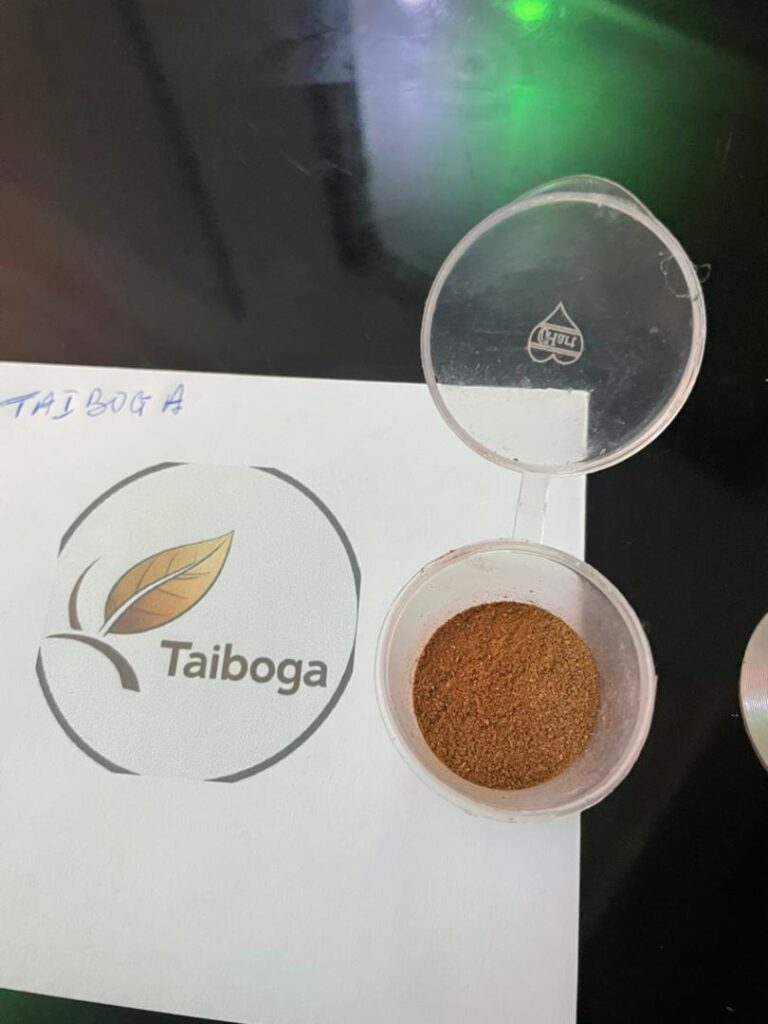Menu
Drugs for Alzheimer’s Disease: What You Need to Know
Drugs for alzheimer’s disease are designed to slow progression, ease symptoms, and improve the quality of life for patients and their families. Alzheimer’s disease, the most common cause of dementia, affects millions of people worldwide. As the brain degenerates, memory, behavior, and the ability to perform daily tasks are severely impacted.
While there is no cure yet, understanding available drugs and supportive treatments helps families make informed choices. This guide explores the most common medications, how they work, and what new research could mean for the future.
Understanding Alzheimer’s Disease
Alzheimer’s disease is a progressive neurological disorder. Over time, brain cells die, leading to memory loss, confusion, and major behavioral changes. The condition usually develops slowly and worsens over the years, eventually impairing independence.
Typical symptoms include:
- Forgetting conversations and events
- Difficulty performing familiar tasks
- Trouble with language and communication
- Changes in personality and mood
- Loss of judgment and decision-making skills
These symptoms are linked to the breakdown of brain connections caused by abnormal protein deposits—beta-amyloid plaques and tau tangles—that damage nerve cells.
How Drugs for Alzheimer’s Disease Work
Medications do not cure Alzheimer’s disease. Instead, they aim to manage symptoms, delay worsening, and give patients more time with better function. Most drugs for alzheimer’s disease fall into two categories:
- Cholinesterase inhibitors – Boost levels of acetylcholine, a chemical messenger essential for memory and thinking.
- NMDA receptor antagonists – Regulate glutamate activity, preventing overstimulation of brain cells.
Together, these drugs help balance brain chemicals, improving communication between nerve cells.

Commonly Prescribed Drugs for Alzheimer’s Disease
1. Donepezil (Aricept)
- Used for all stages of Alzheimer’s.
- Improves memory, awareness, and the ability to perform daily functions.
2. Rivastigmine (Exelon)
- Available in capsules or patches.
- Works well for mild to moderate Alzheimer’s.
3. Galantamine (Razadyne)
- Improves cognition and daily functioning.
- Usually prescribed for early stages.
4. Memantine (Namenda)
- Used in moderate to severe stages.
- Regulates glutamate, preventing nerve cell damage.
5. Combination therapy (Namzaric)
- Combines Donepezil and Memantine.
- Effective for patients in later stages needing broader symptom control.
Newer Treatments and Research
In recent years, newer drugs for Alzheimer’s disease have emerged, targeting the buildup of beta-amyloid plaques. These disease-modifying therapies aim not just to manage symptoms but to slow the underlying progression.
Examples include:
- Aducanumab (Aduhelm) – Designed to remove amyloid plaques from the brain.
- Lecanemab (Leqembi) – Recently approved in certain regions, showing promise in slowing decline.
Although these drugs provide hope, they also come with high costs, side effects, and strict eligibility criteria.
Lifestyle Support Alongside Medication
Medication is most effective when combined with lifestyle approaches. Doctors often recommend:
- Physical activity – Boosts brain health and reduces decline.
- Healthy diet – Mediterranean and plant-based diets support memory.
- Cognitive activities – Reading, puzzles, and music therapy enhance mental function.
- Social engagement – Staying connected reduces stress and improves mood.
Care plans that combine drugs with holistic support improve outcomes for both patients and families.
Emotional and Financial Impact on Families
Caring for a loved one with Alzheimer’s is emotionally and financially demanding. Families must navigate medical bills, caregiving responsibilities, and emotional strain. Access to medications and support services helps ease the burden, but long-term care remains a challenge worldwide.
This is why global research into alternative approaches is so important.
The Search for Alternative Solutions
While standard drugs for alzheimer’s disease are necessary, scientists continue to explore natural and plant-based medicines for brain health. Traditional healing plants, especially those studied in Africa and South America, are being considered as potential support therapies.
One such plant is iboga, known for its active compound ibogaine. Though more widely studied for addiction treatment, ibogaine shows unique effects on brain pathways. Researchers suggest that its ability to reset neurological connections could one day inspire new approaches for cognitive decline.
Though not yet approved for Alzheimer’s treatment, its potential adds to the growing conversation about how nature may hold answers where modern drugs fall short.
Why Choose Taiboga
At Taiboga, we specialize in providing premium iboga and ibogaine products, crafted with care and precision. Our mission is to help individuals explore alternative healing safely, guided by years of expertise and a commitment to quality. For those seeking natural solutions alongside conventional medicine, Taiboga stands as a trusted source.
Take the Next Step
📞 Call us today at +237653823790 or +237672584494 to learn more.
🌿 As a gift to our community, use coupon code RECOVERY20 for 20% off premium iboga products at Taiboga.
Final Thought
Drugs for Alzheimer’s disease are an important part of care, but they are only one piece of the puzzle. By combining medical treatments, lifestyle changes, emotional support, and exploring natural options like iboga and ibogaine, families can create a path toward hope and resilience. With Taiboga, you are never alone on this journey.
taiboga.com
Facebook
Pinterest
Twitter
LinkedIn

